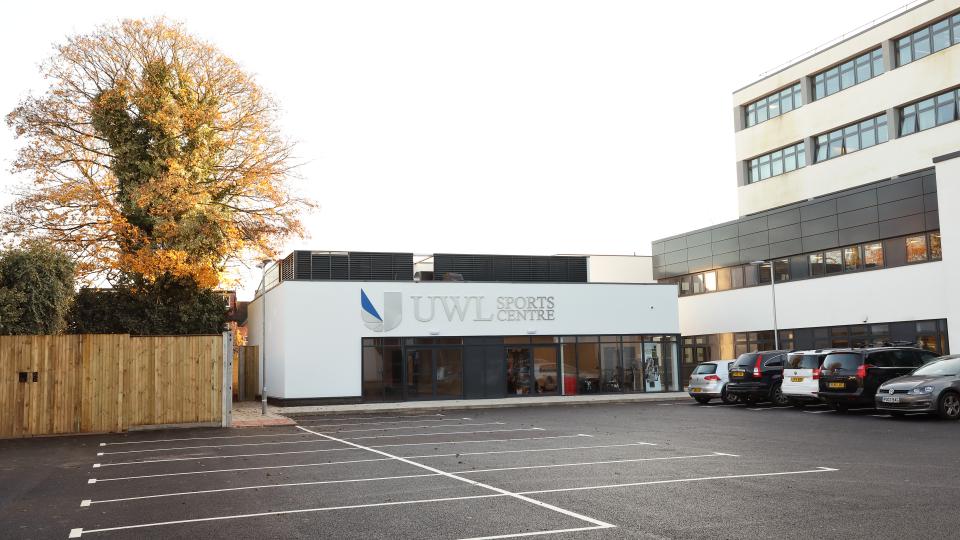Compulsory modules
Structural Mechanics
Construction Materials
Land Surveying for Civil Engineering 1
Land Surveying for Civil Engineering 2
Applied Mathematics
Mathematics for Engineers
CAD for Civil Engineering
Civil Engineering Construction
Fluid Mechanics
Structural Analysis
Structural Design
Project Management
Advanced Engineering Mathematics
Soil Mechanics and Geology
Integrated Group Design
Geotechnical Design
Transport Infrastructure Engineering
Hydraulics
Project Dissertation (Civil Engineering)
Course detail & modules
This civil engineering bachelor's degree will equip you with core engineering skills and knowledge covering global challenges, such as sustainability, risk assessment and environmental protection while helping you to learn cutting-edge technologies and methods for planning, designing, and constructing more efficiently in civil engineering.
You will be taught by industry experts who are active practitioners at the forefront of research as well as gaining valuable technical knowledge, transferable skills and practical experience through site visits, fieldwork, guest lecturers and industry-based individual projects and project dissertations.
You will study the key civil engineering disciplines including:
structure
geotechnics
materials
hydraulics
transportation and highway engineering
construction management.
As a civil engineering undergraduate, this degree is designed to help you find the career that is right for you. You will have the chance to specialise in areas that interest you and be able to work in various environments such as design offices, construction sites and project supervision and management.
You can see the list of the modules delivered in civil engineering. All modules except the project dissertation are core (compulsory) with 20 credits. The project dissertation which will take two semesters is 40 credits. Most of the modules such as Construction Materials, Land Surveying 1 & 2, Fluid Mechanics, Soil Mechanics and Geology, Hydraulics and Geotechnical Design have either fieldwork, practical experiments or lab works.
Civil engineering has excellent facilities and laboratories. You will have access to dedicated computing labs and other civil engineering labs including a geotechnics lab, concrete lab, hydraulics lab and non-destructive testing centre, as well as a range of digital resources and computer modelling tools.
You will also have the chance to gain vital experience during a work-based learning project during industrial placement. Hands-on experience is a key element of this course, giving you confidence and the real-world expertise that employers value.
Finally, you will be taught by industry experts who are active practitioners at the forefront of research.
Show less















